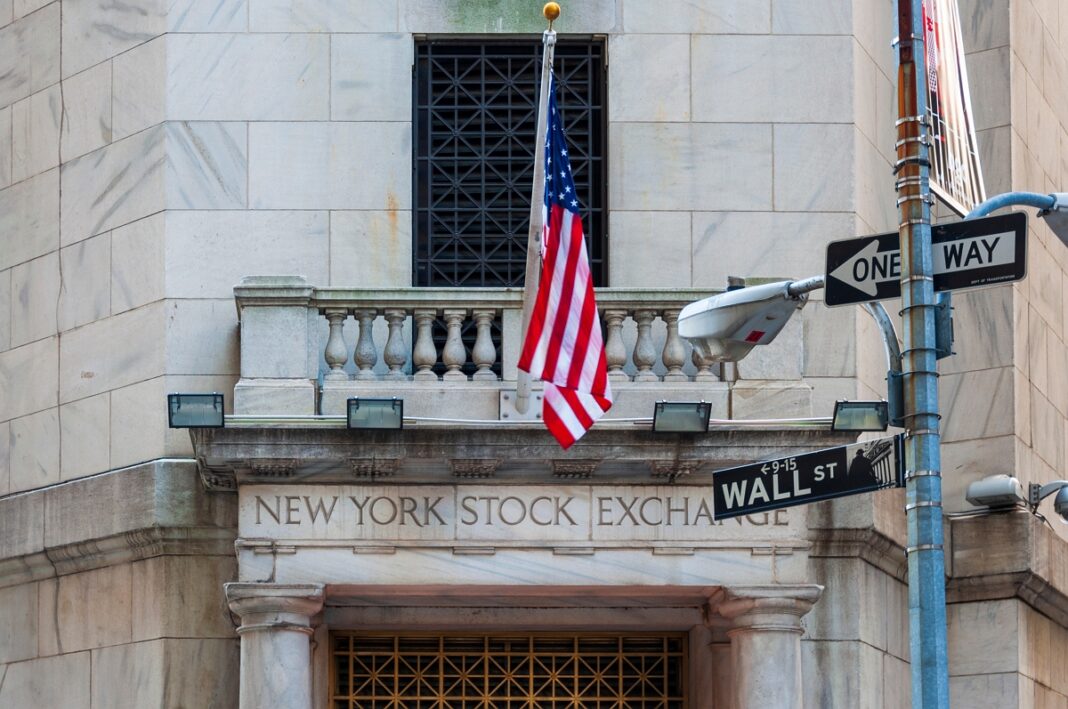
A stark warning has emerged that President Donald Trump’s tariff policies drive the U.S. economy toward a recession. The 90-day tariff truce is expected to prolong and deepen the uncertainty fueling the ongoing economic slowdown.
Larry Fink, CEO of BlackRock, voiced concern over the vulnerability of the U.S. economy during a Friday CNBC interview. He suggested that the economy might be approaching the point where growth turns negative.
“I think we’re very close, if not in, a recession now,” Fink said on “Squawk on the Street.”
His warning comes amid heightened market volatility following Trump’s tariff announcements. The New York stock market tumbled after Trump’s April 2 “liberation day” mutual tariff declaration, surged after the 90-day suspension was announced on Wednesday, and plunged again on Thursday.
While acknowledging that the tariff suspension might temporarily relieve the markets, Fink stressed that restoring investor and business confidence is not enough.
Fink explained that until Trump’s policies become clearer, a slowdown across all sectors will continue. He noted that the 90-day tariff suspension means that uncertainty will persist for a longer period and at a higher level.
Fink also dismissed recent strong retail sales and employment data as temporary, pointing out that surveys have weakened consumer and business confidence over the past few months.
He suggested that the increase in consumer spending might reflect stockpiling ahead of potential tariff hikes, which could reduce future consumption and further weaken the U.S. economy.
Despite these concerns, Fink predicted that even if the U.S. economy falls into recession, it is unlikely to trigger a financial crisis.
He also expressed optimism that long-term economic “megatrends,” such as the growth of artificial intelligence, will continue to thrive.
Fink has become increasingly outspoken about the likelihood of a U.S. recession.
On April 7, he told the New York Economic Club that he and other CEOs believe the U.S. is “probably entering a recession.”


